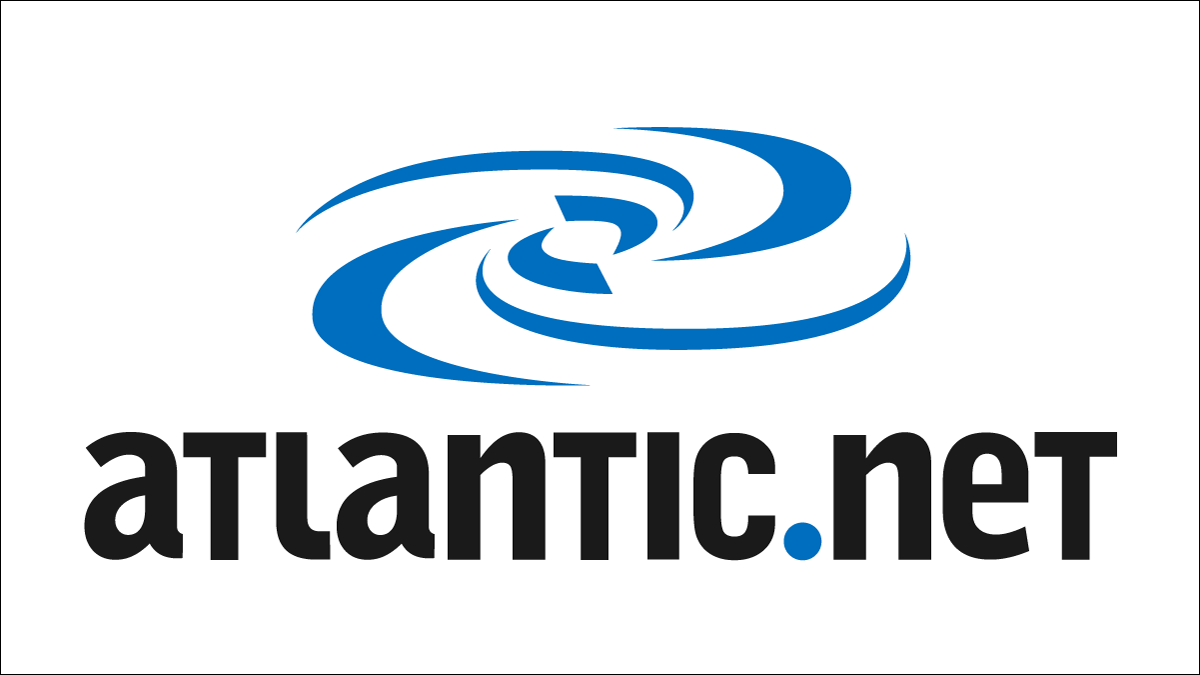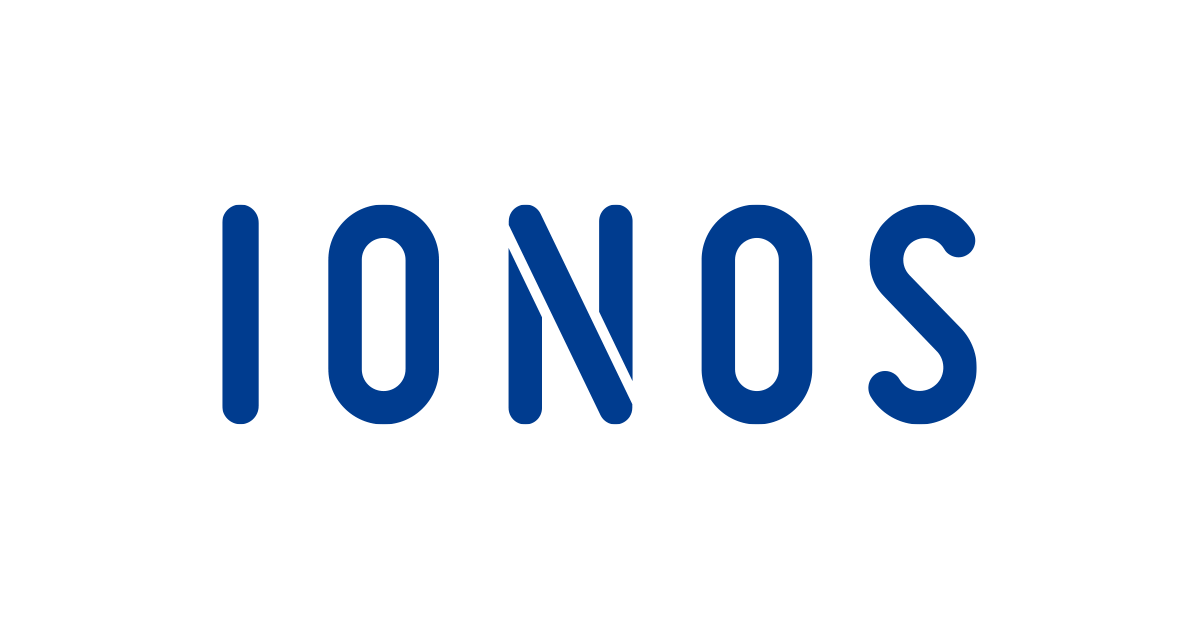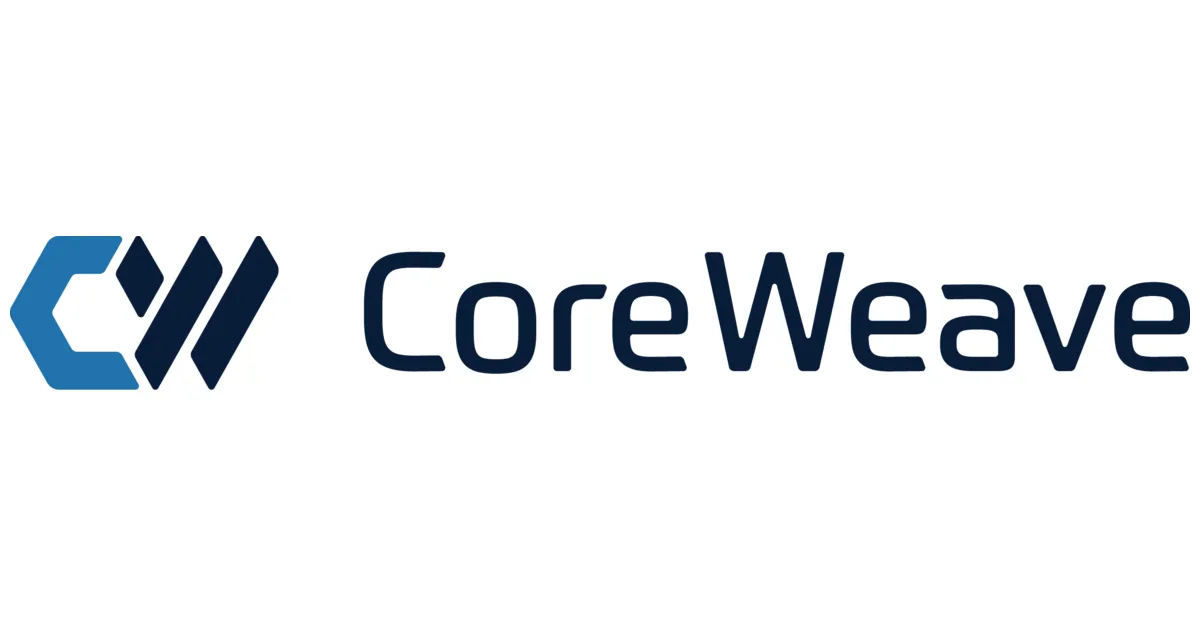Artificial Intelligence (AI) workloads demand much higher computing resources than normal applications. For example, training a deep learning model requires powerful processors and large memory. In addition, the processing of large datasets need steady throughput and fast input–output operations. Furthermore, real-time inference creates another challenge, since even minor delays can affect performance.
Virtualized cloud servers are not always the best option to meet such requirements. In shared environments, resources can fluctuate, which often results in longer training times and uncertain performance. For AI projects, these issues can reduce both efficiency and accuracy.
To that end, bare metal hosting appears a more suitable alternative. It offers dedicated physical servers without resource sharing. Providers such as Atlantic.Net provide bare metal servers that give organizations full access to high performance computing resources and the flexibility to configure hardware according to their AI needs. This means all computing power is available to a single workload. It also allows customization of hardware according to the needs of specific AI frameworks. As a result, organizations can achieve faster processing, lower latency, and stable performance. Therefore, bare metal infrastructure has become a preferred choice for modern AI applications.
What Makes Bare Metal Hosting Different?
Bare metal servers are physical machines that operate without hypervisors or shared resources. They provide exclusive access to hardware for a single user. Therefore, they offer several advantages that are highly relevant for AI workloads:
- Direct access to hardware: GPUs, CPUs, and NVMe storage are available without interference, which ensures maximum computational throughput.
- No virtualization overhead: Since there are no shared layers, resource contention is eliminated. This reduces latency and improves both performance and data handling.
- Custom environments: Users can install their own operating system and software stack. In this way, the environment can be tailored to the requirements of specific AI models.
- Hardware-level control: BIOS settings, memory allocation, and other configurations can be adjusted. This flexibility is essential for optimizing intensive AI computations.
- Stronger isolation: Dedicated physical servers also improve security and compliance. This is particularly important when working with sensitive datasets.
Table 1: Bare Metal vs. Virtualized Hosting
| Feature | Bare Metal Hosting | Virtualized Hosting |
| Resource Sharing | None (single-tenant) | Shared (multi-tenant) |
| Performance | Predictable, high throughput | Variable, subject to contention |
| GPU/CPU Access | Full passthrough | Often virtualized or restricted |
| OS & Stack Customization | Full control | Limited by the hypervisor |
| Compliance & Isolation | Strong physical separation | Logical isolation, less secure |
Why AI Workloads Demand Bare Metal Servers
AI workloads are much heavier than everyday computing tasks. They also need specialized server infrastructure that can ensure reliable and consistent performance. Bare metal servers meet these needs well because they provide direct access to hardware without the limits of virtualization.
GPU acceleration
Training and inference in AI rely on powerful GPUs, such as NVIDIA H100, A100, and L40S. Bare metal servers make these resources directly available. This ensures complete utilization of their computing power without loss from virtualization layers.
High memory and bandwidth
AI projects often work with massive datasets and parallel tasks that have unique operational complexity. Therefore, they require fast memory and NVMe storage with stable throughput. Bare metal servers ensure this speed because resources are not shared with others.
Low latency
Real-time AI applications, including fraud detection, autonomous systems, and live inference, depend on quick response. Since bare metal eliminates the delay caused by virtualization, performance remains predictable and fast.
Scalability with precision
For larger projects, bare metal servers can be arranged in clusters to support distributed training. This makes it possible to expand computing power as required, while still keeping results consistent.
Ensuring compliance through isolation
Some AI workloads involve sensitive data in healthcare, banking, or personal services. In such cases, bare metal servers are valuable because they provide physical separation. This helps organizations meet standards like HIPAA, PCI DSS, and SOC 2.
In comparison, virtual cloud servers add extra layers that can cause delays and resource variation. This often results in unstable performance. For AI tasks, such uncertainty can reduce both speed and accuracy. Therefore, bare metal hosting has become a reliable choice to meet the requirement of high-end computing resources for AI tasks.
Use Cases for Bare Metal Hosting in AI
AI workloads differ across industries, but many have similar infrastructure requirements. Bare metal servers meet these needs effectively in several demanding use cases.
Training Large Language Models (LLMs)
Models such as GPT and BERT require large-scale parallel computing and high memory bandwidth. Multi-GPU bare metal setups with NVIDIA H100, A100, or L40S GPUs interconnected via NVLink or PCIe address these requirements well. They provide fast CPU–GPU communication, large, unified memory pools with DDR5 and NVMe storage, and optimized hardware for distributed training. Predictable scheduling with reduced jitter further ensures stable and efficient training.
Real-Time Inference at the Edge
Applications such as autonomous driving, smart city systems, and fraud detection require responses within milliseconds. Bare metal servers are suitable for such tasks because they provide dedicated accelerators and support optimized runtimes like TensorRT and ONNX Runtime. As a result, inference pipelines are predictable and fast. Moreover, high availability and edge deployment with complete hardware control improve both reliability and compliance in critical environments.
Federated Learning and Distributed AI
Federated learning makes it possible to train models together without sharing raw data. Clustered bare metal servers work well in this case. They give direct access to GPUs and CPUs for efficient local training and support fast communication between nodes. Hardware-level security features such as TPM also help keep data safe. This makes it easier to meet strict locality and governance rules, which are important in healthcare, finance, and government.
AI in Regulated Industries
Industries such as healthcare, finance, and legal services face strict compliance requirements. Bare metal servers provide a robust solution because they offer physical isolation of workloads and complete control of hardware and networking. This makes it possible to apply encryption and other secure configurations directly. Furthermore, certified data centers strengthen audit readiness. In this way, organizations can build customized AI pipelines that handle sensitive data both safely and efficiently.
Top Bare Metal Hosting Providers for AI Workloads
1. Atlantic.Net
Atlantic.Net offers bare metal and GPU servers built for AI and machine learning workloads. Its HIPAA-ready infrastructure and U.S.-based data centers make it a reliable option for regulated industries such as healthcare and finance. The platform is highly suitable for mission-critical AI tasks where both performance and compliance are essential. With flexible plans and strong regulatory support, Atlantic.Net serves the needs of mid-sized AI projects as well as large-scale enterprise deployments.
- GPU acceleration: Atlantic/Net supports NVIDIA H100 and L40S GPUs, which are among the most powerful options for AI tasks. These GPUs are best for deep learning, large language model training, and high-performance inference pipelines.
- Compliance: The infrastructure meets HIPAA, PCI DSS, and SOC 2 standards and makes it suitable for industries where security and data privacy are essential. This ensures that sensitive data can be processed and stored in accordance with strict regulatory requirements.
- Custom builds: Users can configure CPU, RAM, and NVMe storage according to the demands of their AI workloads. This flexibility helps teams to create an environment that matches their specific framework and performance needs.
- Support: Net provides 24/7 technical assistance to help with both routine and advanced issues. The service also includes operating system setup, licensing support, and guidance for optimizing server performance.
- Bare metal pricing range: Entry-level bare metal servers are available starting at about $412 per month. High-performance configurations can go up to around $1,150 per month, with further custom options available for enterprise-scale deployments.
2. IONOS
IONOS provides bare metal and GPU servers optimized for demanding workloads such as AI and machine learning. With a strong European presence and ISO 27001-certified data centers across the EU, UK, and U.S., it is a reliable choice for organizations that must comply with GDPR and regional data sovereignty requirements. It is particularly suitable for AI teams working in Europe or in industries where strict data residency is necessary. By combining high-performance hardware with regulatory assurance, IONOS delivers a robust platform for both research and enterprise AI deployments.
- GPU acceleration: IONOS supports several advanced accelerators for deep learning and generative AI. These include NVIDIA H100 and H200 GPUs for large-scale AI training, NVIDIA L40S for inference and 3D workloads, and Intel Gaudi 2 and Gaudi 3 accelerators as an alternative to NVIDIA, offering flexibility for specific AI frameworks.
- Compliance: All data centers are ISO 27001-certified, following internationally recognized security practices. In addition, the infrastructure is entirely GDPR-ready, which is essential for organizations handling sensitive or regulated datasets.
- Custom builds: Users can configure their servers by selecting GPU type, CPU, RAM, and NVMe storage. This customization allows AI teams to design an infrastructure that meets the exact needs of their models and pipelines.
- Support: IONOS provides 24/7 technical support, with dedicated regional phone numbers for deployment and configuration assistance. This ensures consistent guidance and reliable help for AI teams operating across multiple regions.
- Bare metal pricing range: GPU servers start around £550/month for entry-level Tesla T4 configurations, scaling up to £3,990/month for H100/H200-powered servers.
3. CoreWeave
CoreWeave is a cloud provider explicitly established for GPU computing, offering both fractional and bare-metal GPU access. Its Kubernetes-native platform runs directly on bare metal, which allows AI workloads to scale efficiently without unnecessary overhead. With a focus on GPU-native performance and enterprise compliance, CoreWeave is widely used in generative AI labs, large language model training, and high-volume inference pipelines.
- GPU acceleration: CoreWeave offers NVIDIA A100, H100, and L40S GPUs, which can be used either fractionally or as complete bare-metal resources. It also integrates NVIDIA DOCA and BlueField-3 DPUs to further improve performance for demanding AI tasks.
- Compliance: The platform follows enterprise-grade security practices and holds SOC 2 and ISO 27001 certifications. This makes it suitable for organizations that must maintain strict security and compliance standards while running advanced AI workloads.
- Custom builds: CoreWeave provides Kubernetes-native orchestration with support for tools such as Kubeflow, Slurm, and KServe. It also offers AI-optimized storage solutions, including AI Object Storage with LOTA caching, to handle large datasets efficiently.
- Support: Users benefit from specialized AI expertise and ongoing technical guidance. Real-time monitoring is available through its Mission Control system, which helps maintain reliability and performance during critical workloads.
- Bare metal pricing range: CoreWeave uses flexible usage-based pricing with clear billing structures. Fractional GPU access can start at just a few dollars per hour, while dedicated H100 clusters can scale into several thousand dollars per month, depending on configuration.
4. OpenMetal
OpenMetal provides on-demand hosted private cloud and bare metal solutions based on OpenStack and Ceph. It combines the control of private infrastructure with the flexibility of the cloud, making it suitable for enterprises that need both performance and scalability. By avoiding the noisy neighbor effect of shared environments, OpenMetal ensures stable performance for demanding AI and machine learning workloads. It is particularly effective for mission-critical projects that require predictable costs, data control, and open-source flexibility. In addition, it prevents vendor lock-in and supports widely used AI frameworks such as PyTorch and TensorFlow.
- GPU acceleration: OpenMetal offers NVIDIA A100 and H100 GPUs, which can be deployed as standalone servers or within larger clusters. These configurations are highly effective for large language model training, distributed AI, and other intensive workloads.
- Compliance: The infrastructure provides enterprise-grade security with transparent pricing and complete hardware control. This makes it a strong option for industries such as healthcare, finance, and research, where data locality and security are essential.
- Custom builds: Deployments are fully customizable, with options for GPU counts, CPU and GPU pairings, and storage volumes. This flexibility allows organizations to align infrastructure with the requirements of specific AI pipelines.
- Support: Customers have access to engineering expertise for cluster design, deployment, and optimization. This guidance helps teams integrate AI workflows effectively and sustain performance at scale.
- Bare metal pricing range: GPU servers are billed on a fixed monthly basis, avoiding the unpredictability of usage-based billing. A single A100 80GB server is priced at about $2,234.88 per month, while a single H100 PCIe server costs around $2,995.20 per month.
5. Latitude.sh
Latitude.sh provides a global bare metal infrastructure designed for high-performance computing, AI workloads, and latency-sensitive applications. Its platform focuses on fast provisioning, global coverage, and dedicated hardware that can be deployed via an API. They have data centers in North America, Europe, and South America. The mix of automation, performance, and geographic reach makes Latitude a strong option for organizations building AI workloads.
- GPU acceleration:
Latitude.sh provides dedicated GPU bare-metal servers supporting NVIDIA A100 and L40S GPUs, which are suitable for deep learning training, fine-tuning large language models, or scaling inference workloads. Users can deploy single GPU servers or multi-GPU configurations, depending on throughput and model architecture needs. Their infrastructure is optimized for low-latency access, making it suitable for real-time inference, video processing, and other demanding compute workflows. - Compliance:
The platform follows enterprise security practices and operates compliant-ready data centers across multiple regions. With optional private networking, encrypted traffic paths, and isolated single-tenant servers, organizations can maintain strong security boundaries while training or serving AI models. The infrastructure supports common compliance frameworks when customers need to design controlled environments for sensitive data. - Custom builds:
Customers can configure CPU, memory, GPU type, and NVMe storage to match the performance characteristics of their AI models. Provisioning is automated through a robust API and Terraform support, enabling teams to spin up and tear down clusters programmatically. This flexibility appeals to engineering-driven AI teams that want cloud-like automation without giving up the performance advantages of bare metal. - Support:
Latitude.sh provides engineering-focused support with guidance on provisioning, network configuration, and workload optimization. The platform includes real-time monitoring tools and API logs, helping teams maintain visibility across distributed GPU infrastructure. - Bare metal pricing range:
Entry-level GPU servers typically begin around $600–$800 per month, depending on region and GPU type. High-performance configurations using NVIDIA A100 or L40S hardware can range from $1,800 to $3,500+ per month, with larger multi-GPU builds available for enterprise users
Table 2: Comparison of Bare Metal Hosting Providers for AI Workloads
| Provider | GPU Options | Compliance & Security | Pricing Range (per month) | Best Fit Use Case | Region Strength | |
| Atlantic.Net | NVIDIA H100, L40S | HIPAA, PCI DSS, SOC 2 | $412 – $1,150+ | Mission-critical AI in healthcare & finance | Strong U.S. presence | |
| IONOS | NVIDIA H100, H200, L40S, Intel Gaudi | ISO 27001, GDPR-ready | £550 – £3,990+ | AI teams needing GDPR compliance, EU data residency | Strong in Europe | |
| Latitude | NVIDIA A100, L40S | Enterprise security practices; isolated single-tenant hardware | ~$600 – $3,500+ | Distributed GPU clusters, low-latency inference, API-driven AI deployments | North America, Europe, South America | |
| CoreWeave | NVIDIA A100, H100, L40S (fractional/full) | SOC 2, ISO 27001 | Flexible usage-based; $/hr to $1,000s | Generative AI labs, LLM training, inference at scale | U.S. GPU-native | |
| OpenMetal | NVIDIA A100, H100 | Enterprise-grade, full control | $2,234 – $2,995+ | Private AI clusters, federated learning, research | Open-source focus |
Choosing the Right Provider for Bare Metal Dedicated Servers
Selecting a bare metal hosting provider for AI workloads depends on several key factors. First, performance is critical, since training and inference require powerful GPUs and fast storage. In addition, compliance is important for organizations in regulated sectors such as healthcare and finance. Scalability must also be considered, because many AI projects start small but later expand to clustered servers and distributed training. Finally, cost efficiency and regional availability often guide decisions for startups, academic groups, and enterprises with specific data residency needs.
Each provider has particular strengths. For example, IONOS is strong option in Europe, since they support GDPR and data sovereignty. Similarly, CoreWeave is well-suited for GPU-intensive tasks, including generative AI and large-scale inference. In contrast, OpenMetal provides an open-source option with the flexibility of a private cloud.
However, Atlantic.Net offers the most balanced choice. It combines compliance-ready infrastructure with GPU-equipped servers and flexible pricing. Therefore, it is a strong option for both mid-sized AI projects and large enterprise deployments that cannot compromise on performance or regulatory assurance.
Final Thoughts
AI workloads need reliable hardware, steady performance, and strong data protection. Bare metal hosting meets these needs by giving teams direct access to dedicated servers without the limits of virtualization.
Among the providers, Atlantic.Net is the best overall choice for AI workloads in 2025. Its HIPAA-ready setup, U.S. data centers, and GPU-powered servers make it suitable for industries where both compliance and efficiency are essential. Its pricing also works well for smaller projects as well as large enterprise deployments.
For organizations that want AI solutions that are fast, secure, and scalable, Atlantic.Net provides a level of reliability and trust that few others can match.



